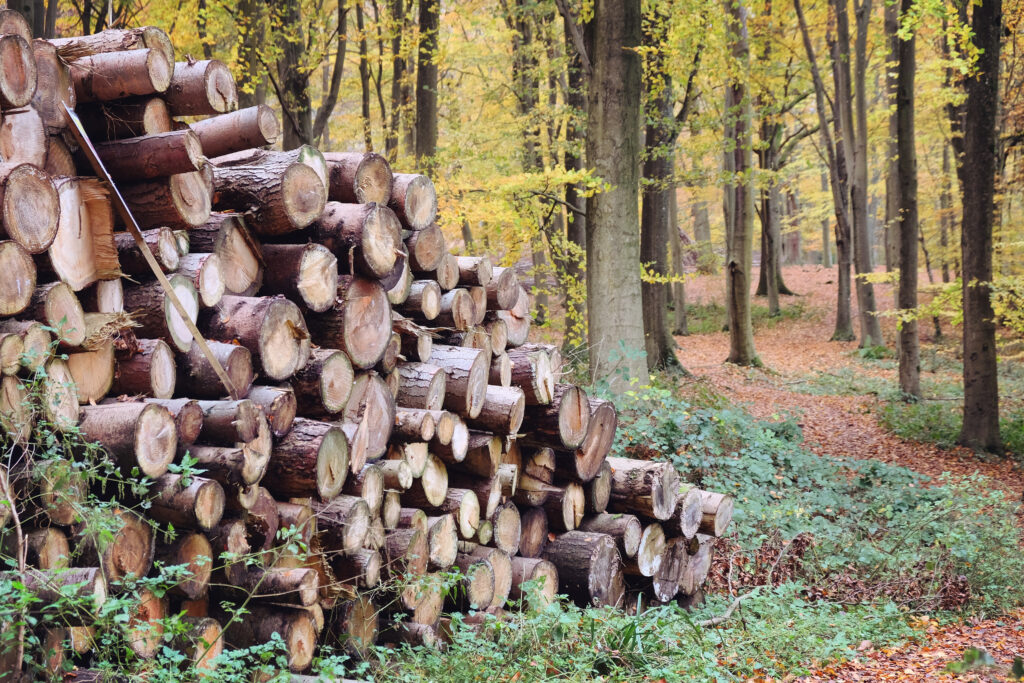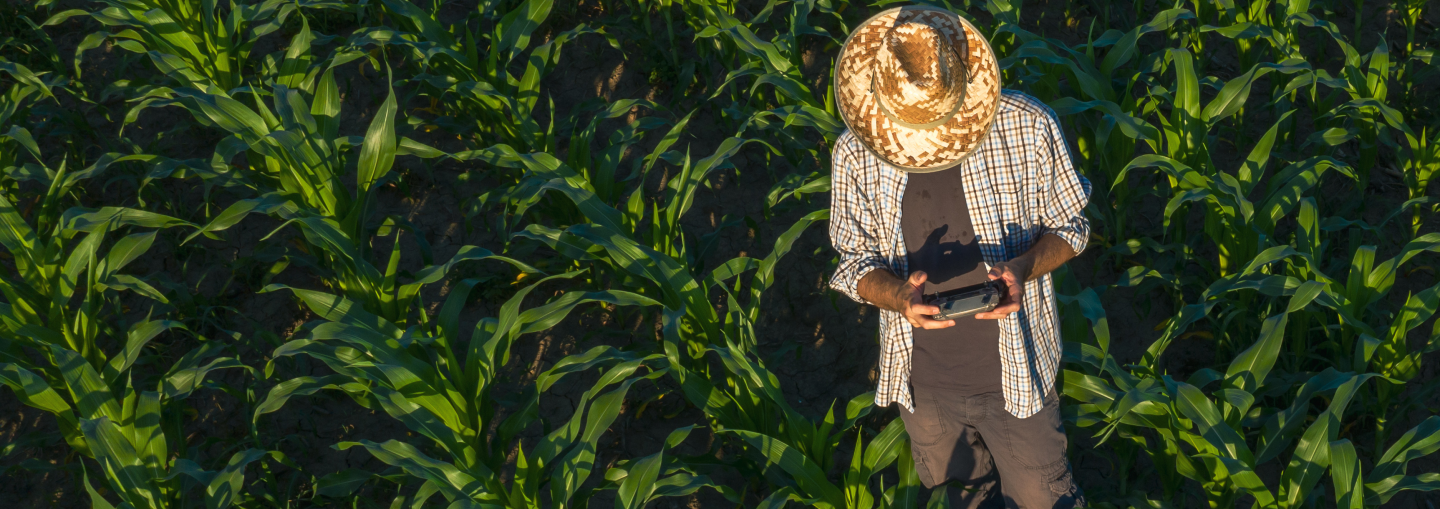Voluntary Certifications and EUDR

With the EU Deforestation Regulation (EUDR 2023/1115) imposing new obligations on the supply chains of various commodities, many voluntary global certification programmes are already taking steps to update their criteria and ensure certificate holders align with the new rules.
However, question arising from this regulatory change has been, “If preventing deforestation and forest degradation is now a legal requirement for entering the EU market, where do voluntary certifications fit in?”
In this article, we’ll examine the important role voluntary certifications continue to play in the changing consumer landscape and how many of them often go further than the legal requirements instigated by the European Commission’s legislative mandate to promote “deforestation-free” products.
The Role of Voluntary Certifications
For decades, voluntary certifications have been used by some of the world’s largest commodity producers and traders to publicly demonstrate their commitment to sustainability, ethical working practices, and social responsibility.
In addition to building trust with the end consumer, many of whom are becoming increasingly aware of the potential for abuses and social injustices within the global supply chain, voluntary certifications also open producers and traders up to new and potentially lucrative opportunities. From access to new markets to the ability to charge a premium for certified products, having the right logo on your packaging has been shown to bring tremendous rewards.
The commodities covered by the EUDR (cattle, wood, cocoa, soy, palm oil, coffee, and rubber) can already be certified via well-established and highly regarded programmes, helping producers and traders gain the upper hand in the market. However, with the introduction of EUDR and its impending enforcement date for most companies of 30 December 2024, many of these programmes are changing to ensure certificate holders also comply with their new EU obligations.

Adapting to the New Regulations
Though the EUDR represents a major shift in how several commodities are regulated, the majority of affected scheme owners which must fall in line with the new legislation are no strangers to adapting their criteria and updating their guidelines to reflect current regulations and consumer attitudes.
For example, the EU Timber Regulation, which came into force in early 2013, represented a substantial shift toward promoting deforestation-free products on a global scale. Though the legislation only affected the timber industry, the obligations undoubtedly set the stage for many of the EUDR’s requirements, including due diligence statements and increased traceability.
Therefore, the many scheme owners dealing with commodities beyond timber already have a blueprint for making changes and ensuring compliance with EUDR. This has allowed many to leap into action to update their definitions, extend the scope of obligations, and provide guidance to certificate holders.
Though changes are necessary for any certification relating to commodities regulated by the EUDR, you may be surprised to learn that many of the relevant programmes already cover deforestation and impose, at times, stricter compliance requirements.
Deforestation Efforts in Voluntary Certifications
EUDR stipulates “That the relevant products contain, have been fed with or have been made using, relevant commodities that were produced on land that has not been subject to deforestation after 31 December 2020”[1].
Though certainly marking a seismic shift in the EU’s efforts to eliminate deforestation and forest degradation, many voluntary certifications contain pre-existing provisions that certificate holders must abide by to live up to their standard.
For example, since 2018, the Roundtable for Sustainable Palm Oil (RPSO) has required that “land clearing does not cause deforestation or damage any area required to protect or enhance High Conservation Values (HCVs) or High Carbon Stock (HCS) forest”[2]. This principle goes on to say that an indicator of achieving this criterion is that “Land clearing since November 2005 has not damaged primary forest or any area required to protect or enhance HCVs” and that “Land clearing since 15 November 2018 has not damaged HCVs or HCS forests”[3].
The Forest Stewardship Council (FSC) has also taken a hardline stance on deforestation since its inception, maintaining that areas converted after 1994 are not eligible for certification. As of 2022, following approval of several motions addressing the need for FSC to update its approach to conversion, the P&C requirement states, “Management Units containing plantations that were established on areas converted from natural forest after November 1994 shall not qualify for certification”[4] except in limited circumstances. In making this change, FSC is aligning itself with EUDR requirements and offering the option to carry out remedy activities to ‘repair’ some of the damage already done by deforestation[5].
Though scheme owners will need to ensure their definitions relating to deforestation align with EUDR and certificate holders may need to expand upon their traceability processes to comply fully, it is encouraging to see that voluntary certifications already require some level of anti-deforestation commitment, meaning certificate holders are far from starting from scratch.
The new EU Deforestation Regulation
The EU Deforestation Regulation (EUDR 2023/1115) aims to prevent deforestation and forest degradation, reduce carbon emissions on a global scale, and address the negative impacts of agricultural expansion. It requires most companies across the supply chain to be deforestation-free by 30 December 2024.
More information about the EUDR
Certification and Continuous Improvement
Though certification should never be viewed as an automatic ‘green lane’ to abiding by the EU’s latest sustainability requirements, holding one from an internationally recognised and respected scheme owner demonstrates the same commitment to environmental protection reflected in the EUDR’s mandate.
At Control Union Certifications, we have worked with agriculture supply chains in over 80 countries to help them achieve a variety of voluntary certifications. Providing regular auditing and relying on decades of experience, we partner with our clients to take a continuous improvement approach that allows companies to stay flexible and ready to adapt to changing standards and regulations.
Learn more about our Certification Services.
References
[1] ‘Regulation (EU) 2023/1115 of the European Parliament and of the Council on the making available on the Union market and the export from the Union of certain commodities and products associated with deforestation and forest degradation and repealing Regulation (EU) No 995/2010’ (2023) Official Journal L150, p. 220
[2] ‘Principles and Criteria for the Production of Sustainable Palm Oil’, Roundtable on Sustainable Palm Oil (RPSO), p. 62
[3] ‘Principles and Criteria for the Production of Sustainable Palm Oil’, Roundtable on Sustainable Palm Oil (RPSO), p. 62
[4] FSC Principles and Criteria, FSC-STD-01-001 V5-3, Requirement 6.10, Approved March 2023
[5] FSC Remedy Framework, FSC-PRO-01-007, Approved December 2022

How can we help you?
Are you looking for a certain service, do you have any questions or do you want to apply for the certification program? Let us know. We’re glad to be of help.
